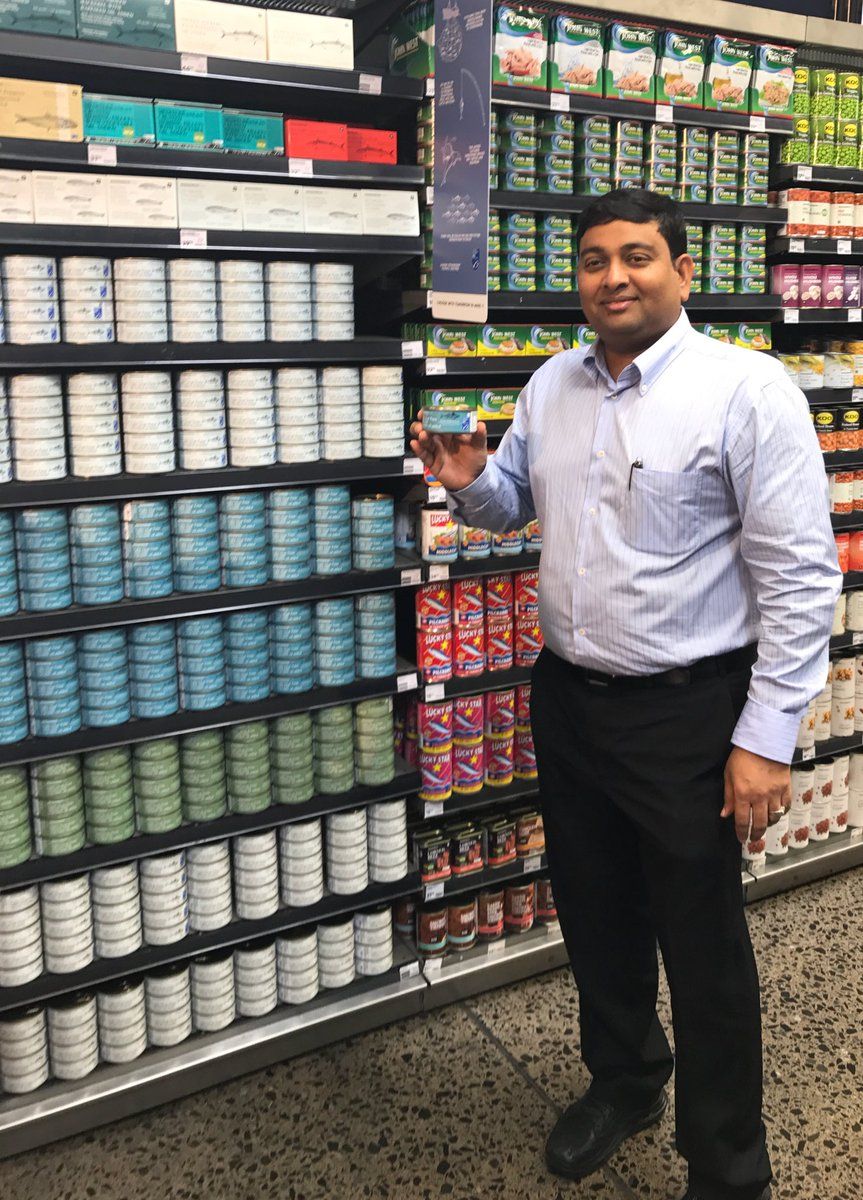Fact-checking the Maldives fisheries minister
The US and UK deny their ambassadors are lying about the Maldives situation.

11 Sep 2018, 09:00
Omkar Khandekar
The US and UK have rejected allegations their ambassadors are lying about the situation in the Maldives, after the fisheries minister said envoys in Colombo were misleading their governments.
Mohamed Shainee questioned the integrity of diplomatic missions in a recent interview with the Maldives Independent. He is a confidant of President Abdulla Yameen and the government’s representative for all-party talks.
Shainee said “one or two ambassadors sitting in Colombo” were “misleading their governments” by sending out one-sided information.
He also said none of them approach the government before making public statements and accused them of being “actively engaged” with and “emotionally invested” in the opposition led by former president Mohamed Nasheed.
Become a member
Get full access to our archive and personalise your experience.
Already a member?
Discussion
No comments yet. Be the first to share your thoughts!
No comments yet. Be the first to join the conversation!
Join the Conversation
Sign in to share your thoughts under an alias and take part in the discussion. Independent journalism thrives on open, respectful debate — your voice matters.




